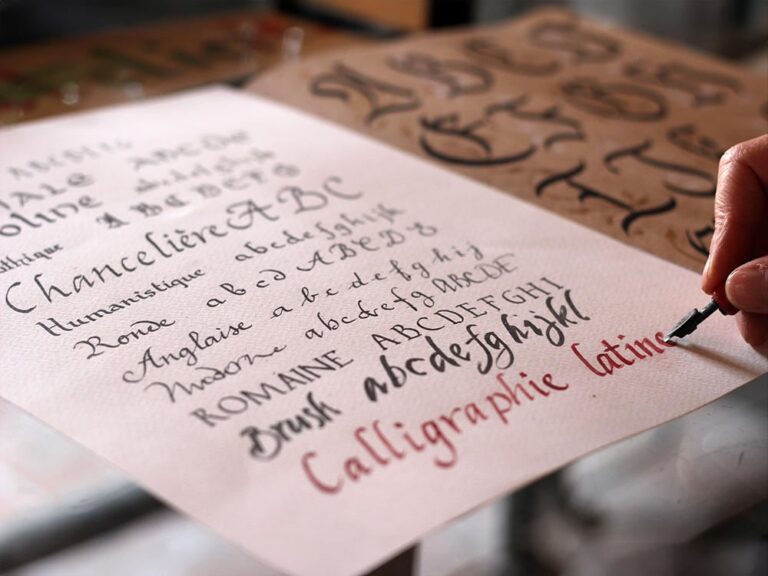la mouche du coche
“La mouche du coche” is a French saying that literally translates as “the fly of the coach.” It means someone who is useless but imagines they are not, or someone who becomes agitated without providing any real help, or a know-it-all.
This expression is usually preceded by the verb “faire” (to make, to do) or “jouer” (to play).
A coach was a vehicle pulled by horses that was an early form of public transport. Rich people had their own personal carriage and therefore did not need to use coaches.
The idiom comes from a fable written in the 17th century by Jean de la Fontaine called “le coche et la mouche.” The fable involves a coach being pulled by six horses that comes into some difficulty. A fly comes along and gets involved in a random, disordered way. Once the difficulty has been resolved, the fly takes credit for having solved the problem, even though the fly had contributed nothing useful at all.
There is no exact equivalent in English to this expression, but the closest ones are “empty vessels make most noise” or “running around like a headless chicken.”






